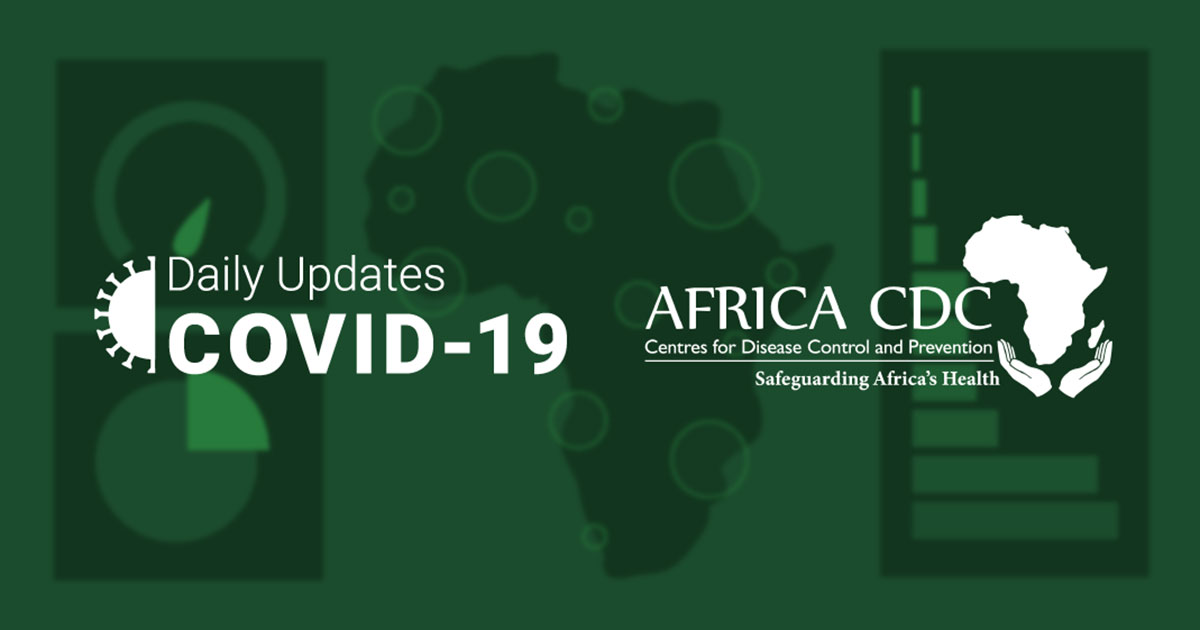At least, 72 per cent Nigerians are ready to accept the COVID-19 vaccine, says the African Centre for Diseases Control (Africa-CDC).
A statement on Friday from Africa-CDC made this known as part of the findings of a report released by the Partnership for Evidence-Based Response to COVID-19 (PERC) Consortium in Addisa Ababa, Ethiopia.
It revealed levels of acceptability in other countries as follows: Nigeria (72 per cent), South Africa (61 per cent), Zimbabwe (61 per cent), Zambia (53 per cent).
Others are Mozambique (75 per cent), Egypt (78 per cent), Kenya (59 per cent), and the Democratic Republic of Congo (52 per cent).
The report also noted that generally, two-thirds of Africans interviewed expressed willingness to accept COVID-19 vaccines, says Africa Centre for Diseases Control (CDC).
The consortium, made up of public health organisations including the Diseases Control and Prevention; Resolve to Save Lives, an initiative of Vital Strategies; and the World Health Organisation.
Others are the UK Public Health Rapid Support Team; the World Economic Forum as well as private sector firms such as market research company, IPSOS.
READ ALSO: NUC Approves Upgrade of 3 Institutions to Universities in Delta
The report said the sentiment varied across the continent in the 19 member countries surveyed, adding that 91 per cent of the people surveyed in Morocco were most interested in receiving the vaccines.
It said Tunisia and Cameroon had the lowest number of people, at 35 per cent.
It said the survey was part of the third series of data collection and analysis from PERC with a combine results from phone surveys on the impact of Public Health and Social Measures (PHSMs) with information on epidemiological trends, media monitoring and data on population mobility.
Dr Emmanuel Agogo, the Nigeria Country Representative of Resolve to Save Lives, outlined the reasons for vaccine hesitancy identified in the research.
Agogo said some of the reasons were lack of enough information on the vaccine, negative and unsubstantiated reports on the adverse effects of the vaccine, among others.
He urged the media to take responsibility for enlightening audiences.
“Journalists can inform and increase public confidence in vaccines,” Agogo said.
He further encouraged journalists not to be sensational in reporting on vaccines since many myths were perpetuated; they should instead distribute reliable and accurate information.
“Journalists should do research, check the facts and use trusted sources of information,” he said.
In a presentation, Nekerwon Gweh, Communication Officer, of the Africa CDC recommended that African countries should continue the rollout of the vaccine.
The centre gave the recommendation during a webinar hosted by the African CDC, public strategy firm, Gatefield, and the Global Health Advocacy Incubator, to engage journalists on the issue of COVID-19 vaccines safety, effectiveness and distribution.
An expert panel of journalists shared their experiences covering vaccines at the event and advocated for more responsible reporting on the subject.
They included Hopewell Chin’ono, an award winning investigative journalist from Zimbabwe; Dr Laz Ude Eze, AIT television host; Tanya Farber, senior science reporter, Sunday Times.
Others are Vuyo Mkize, health writer, City Press; and Elizabeth Merab, health and science journalist, Nation Media Group.

